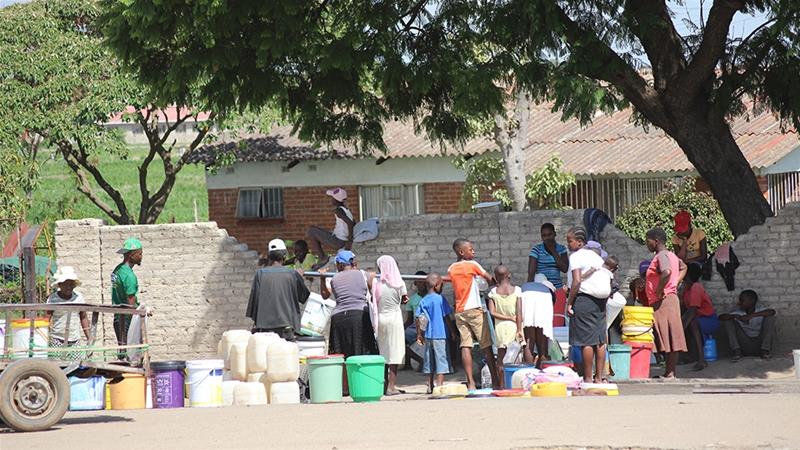World Health OrganisationDrought is a prolonged dry period in the natural climate cycle that can occur anywhere in the
world. It is a slow-onset disaster characterized by the lack of precipitation, resulting in a water
shortage. Drought can have a serious impact on health, agriculture, economies, energy and the
environment.
World Health Organisation. (2020). Drought. Retrieved 4 August 2020, from https://www.who.int/health-topics/drought#tab=tab_1

![]()

![]() Online resource
Online resource
![]() Zimbabwe-statistics and facts
Zimbabwe-statistics and facts